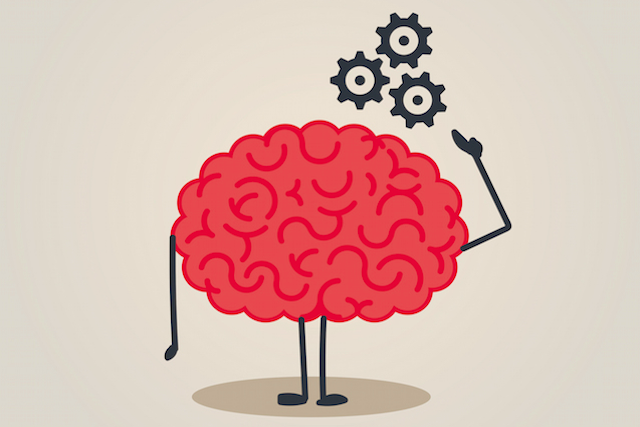#1: I Am Right and You Are Wrong
This assumption is probably the biggest challenge to seeing the world in a different light. It is rooted in the “fight or flight” tendencies of our ancestors. We protect our own notions and push back against information and people that do not conform to our experiences.
Our beliefs, biases and behavior are like the foundation of a house. When they are challenged by people who have different beliefs, biases and behaviors, they shake us to our core much like an earthquake.
Confirmation bias is at the heart of the notion “I am right and the other person is the problem.” It is the tendency to look for affirmation regarding our beliefs irrespective of the situation. We fanatically hang on to our short sighted notions regardless of how illogical our position may appear.
Why Am I Stubborn?
People stuck in this kind of thinking fall victim to the sunk cost fallacy. We rationalize irrational behavior in the present based on historical decisions from the past. We justify continued effort in something despite clear evidence that these investments will not pay off for us in the future.
You know you need to be more curious about the set of differences your colleague brings to the workplace, yet you just can’t bring yourself to invest the emotional energy into a relationship with someone who is so different from you.
Why Am I So Judgemental?
Blame it on fundamental attribution error-the need to see the world in the most simplest and understandable way. We judge people and things by their covers. What we have to realize is that some folks have had their covers torn off, other stories are sometimes written in a foreign language and some might contain ideas with which we don’t agree with.
We must remember that our brains thrive on habit, routine and simplicity. Being so quick to judge reinforces this bias. Once the world becomes more understandable it turns into a safe haven. When differences shakeup that world order, it is so much easier to blame the difference maker that has invaded our comfortable abode.
Here is an example. An American Indian/Alaska Native on our team arrived late to meetings. A colleague noted they were not surprised because in his experience, American Indians/Alaska Natives are chronically late for everything.
We found out later that our teammate was late to meetings due to his wife’s chemotherapy treatments.
We need to understand that the world is a complicated place full of differences that our limited brains cannot fully comprehend in the short term. We should discipline ourselves to make sure we have all the data in front of us before we make judgements about differences we do not fully understand.
Why Am I So Compulsive?
It is because you have fallen victim to availability bias-the propensity to overestimate the impact of current events.
We saw this scenario play out with our tardy American Indian/Alaska Native employee. His coworker made a snap judgement on the current status of his colleague without taking the time to weigh his decision based on present conditions. He made his determination based solely on past events.
The key is to slow the emotional reaction down to the difference. Remember, our brain will gravitate to the quick fix that is laden with emotional land mines. Breathe, take a pause, walk around block. Give the thinking part of your brain time enough to overcome the cave man/woman part of your brain in order to say or do the right thing when it comes to the difference.
How can you combat these four killer behaviors of inclusion? Here are a few tips: (1) understand thyself; (2) understand others and (3) put your stuff and other people’s baggage together to build an inclusive world. Embrace the differences so you can make a difference.





Leave a Reply
You must be logged in to post a comment.